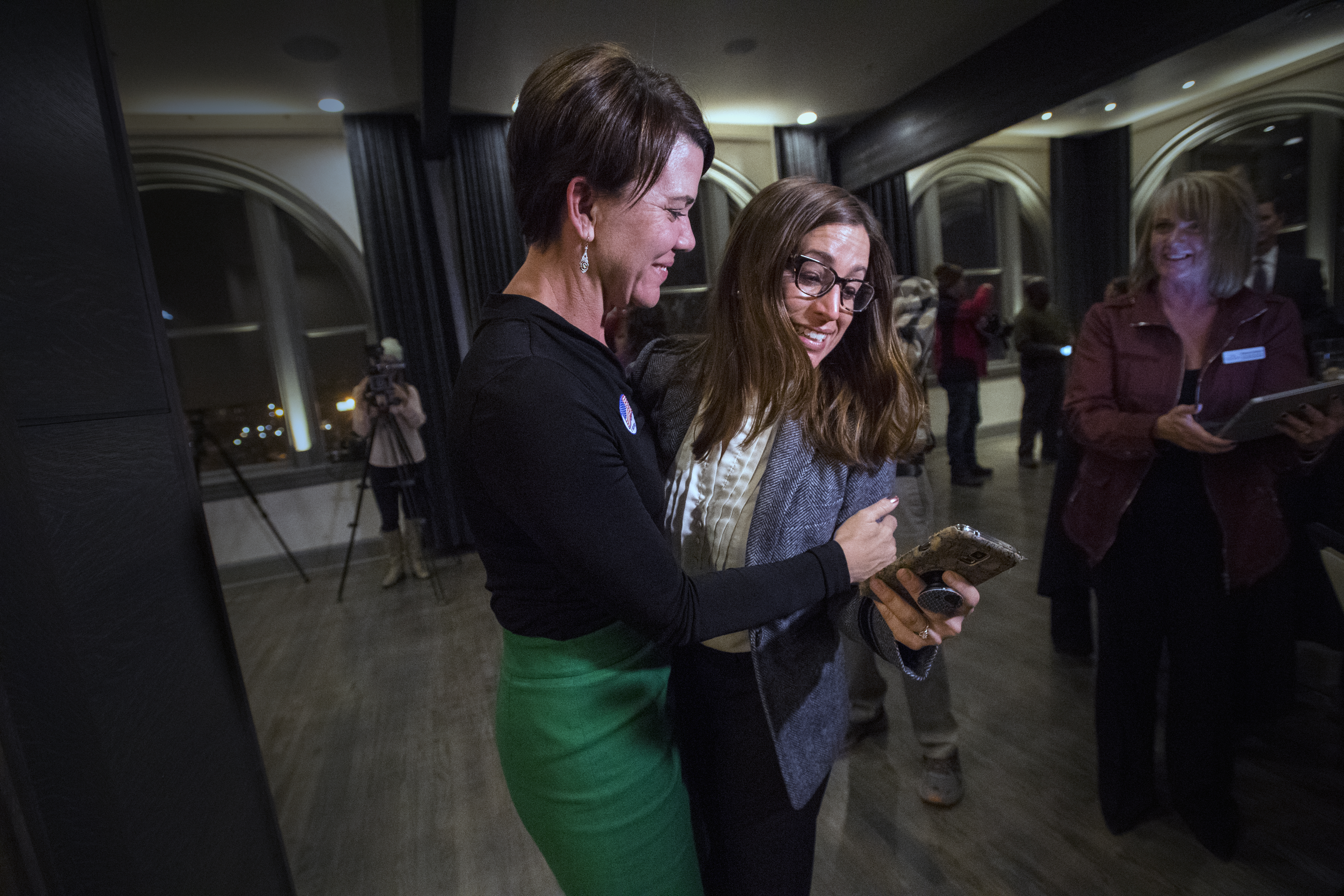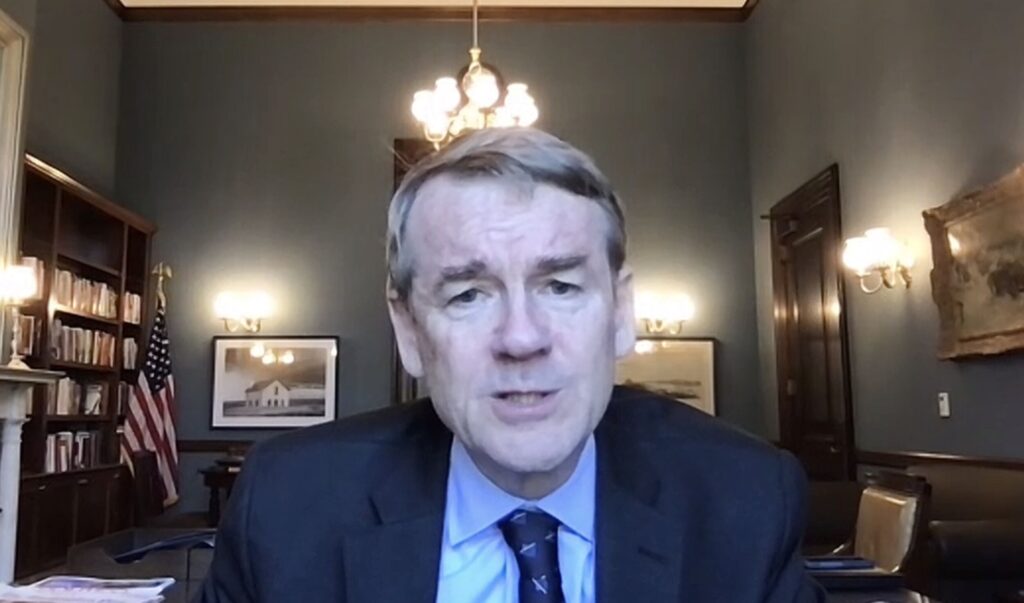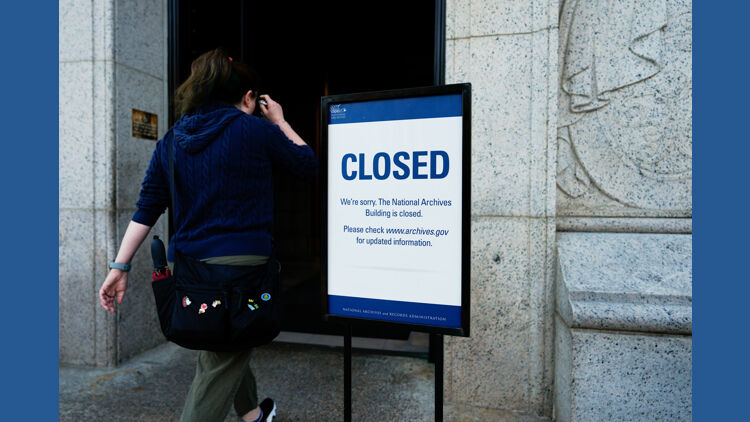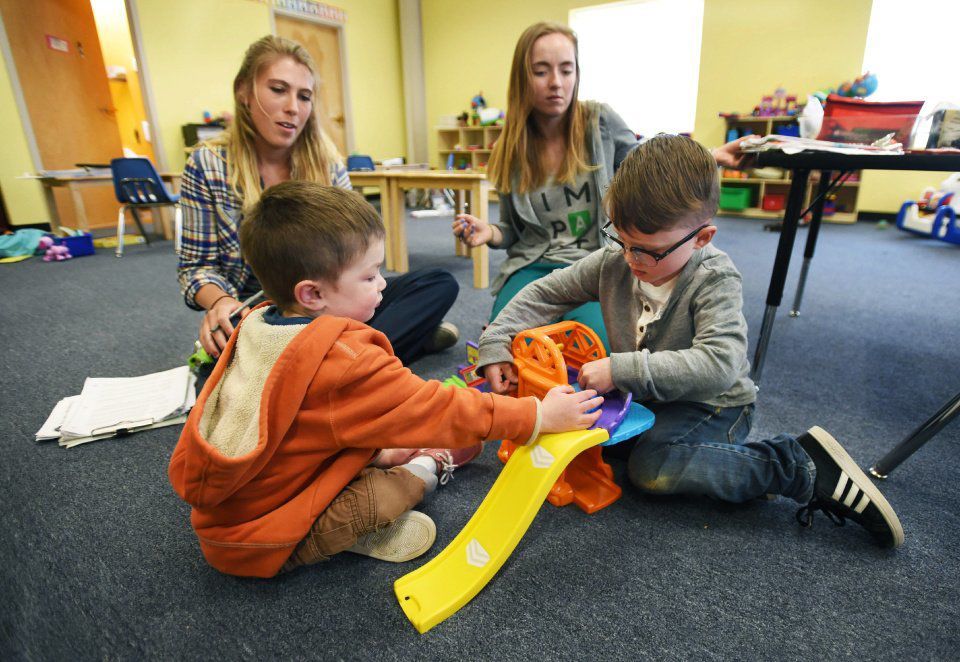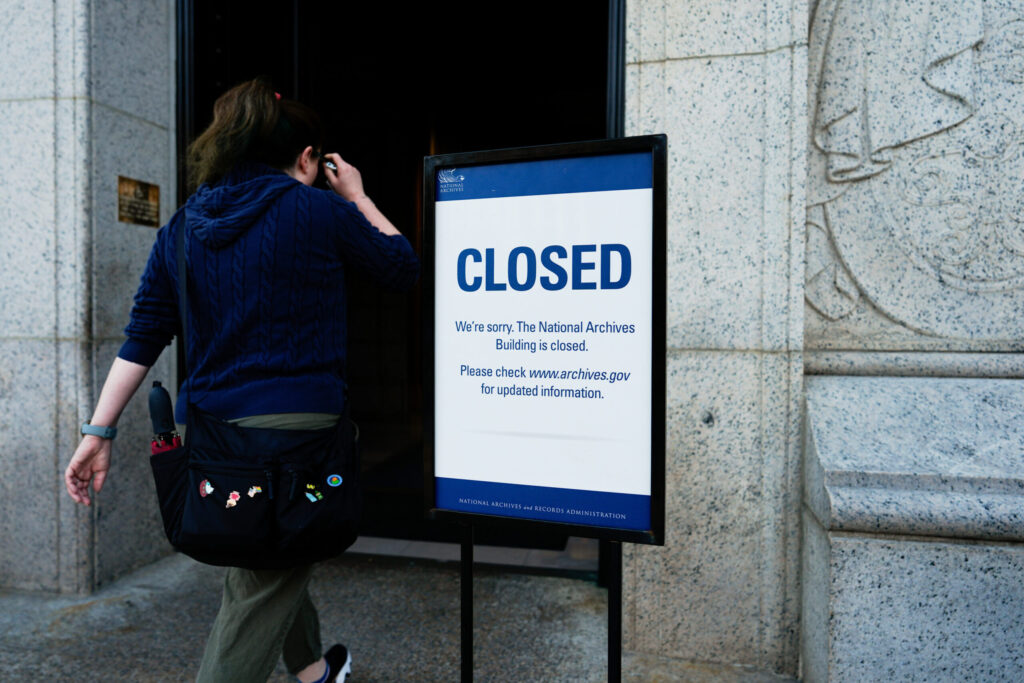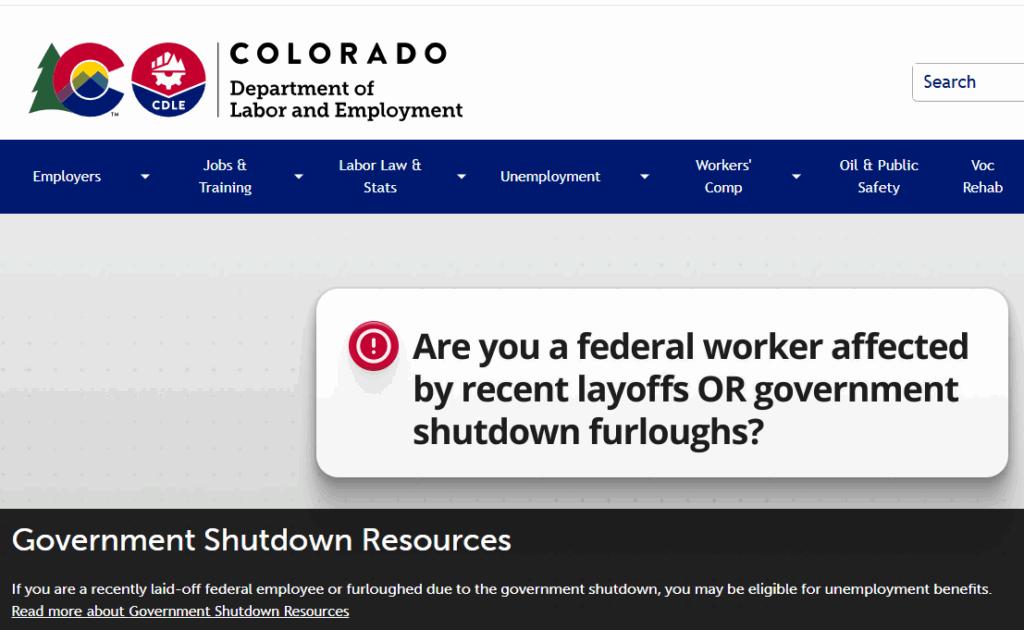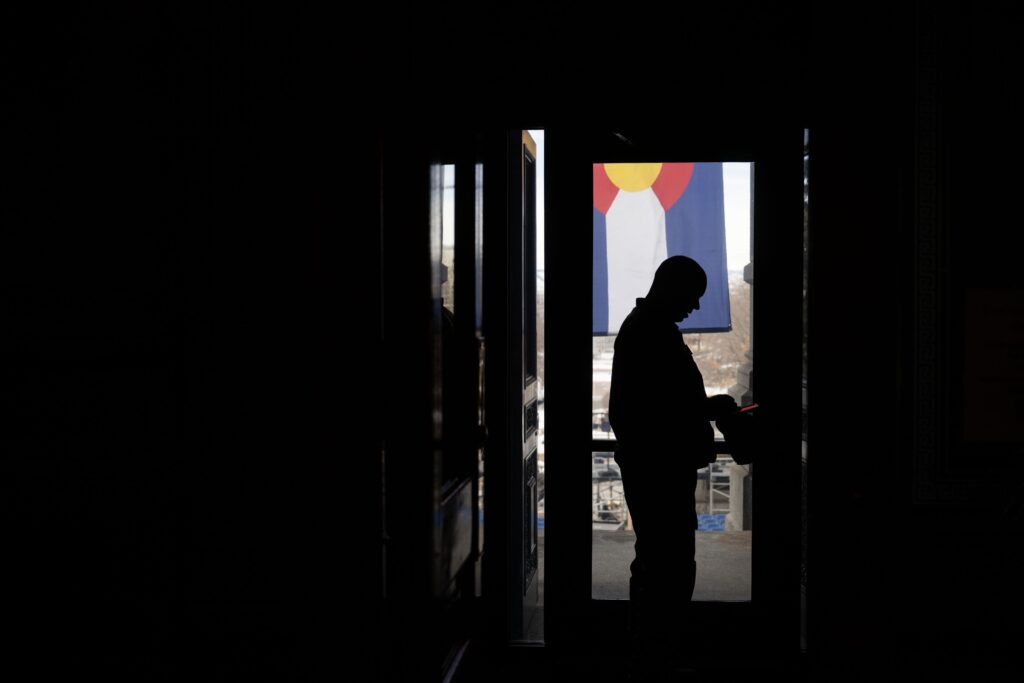Colorado tilts left in local elections in the year of Trump
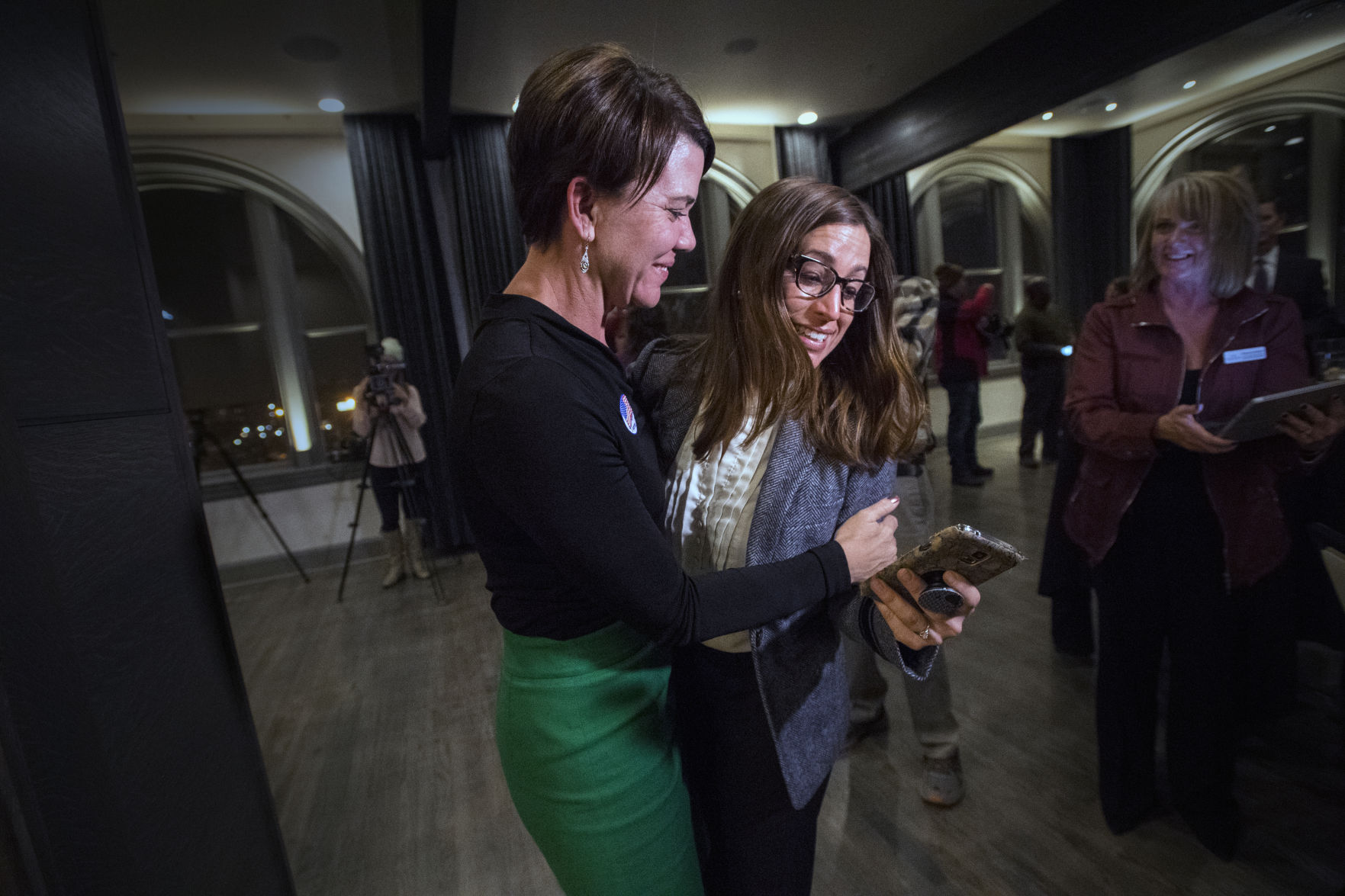
Well past dark on Tuesday, Dan Thomas dropped off his ballot before the polls closed at the Denver Elections Office just across Civic Center park from his office.
“It was on my desk,” he said of his ballot. “I saw it walking out, and I don’t want a black mark that says I’m a bad American who doesn’t vote.”
Denver’s election did little to fire up the nearly tardy Thomas, but he opposed – in vain – a $923 million bond issue for parks, libraries, public safety and other expenses on Denver’s ballot.
Thomas said he’s a Republican who doesn’t care for such carefree spending. Not enough voters like him, however, did enough this year for conservative causes across Colorado: Fracking took a beating in Broomfield, vouchers are out in Douglas County, Colorado Springs turned its electoral back on fiscal penury and the Taxpayer’s Bill of Rights, while voters in 18 towns and cities wanted government to get in the Internet business because the free market has failed them.
Local government is a petri dish for democracy, but this year the politics were more evolved, because of money and liberal passions under the presidency of Donald Trump.
Elections offices across the state this year stitched together the state’s public policy on energy, taxes, school choice, marijuana and transportation.
On Election Night, Denver Mayor Michael Hancock said voters were looking to local government to solve the problems that state and federal government cannot or will not.
“With the chaos in Washington and really the dissatisfaction of how things are happening between the White House and Congress, people are turning to the issues that quite frankly meet them where they are,” he told Colorado Politics. “And only local issues do that for them. So I think people are looking to what their mayors and city councils and county commissioners are doing to impact the quality of their life.”
Are they also frustrated with the state legislature, too?
“Absolutely, without question,” Hancock replied. “You see people tonight making a billion-dollar investment in infrastructure in Denver. I think that goes directly with they expect and hope something will happen somewhere with regards to investment in mobility and transportation issues, and it’s not happening on the state level, yet we ask that question on the local level and they respond resoundingly.”
Actually, only about 1 in 3 Colorado voters responded with ballots this year, less than half the turnout from a year ago when a presidential race and U.S. Sen. Michael Bennet’s re-election led the ticket in the state. This year six counties didn’t even hold elections, because there was no local ballot issues or contested races.
There wasn’t a statewide ballot question for the first time in Colorado since President Obama’s first year in the White House. There weren’t any fiery campaigns for statewide candidates.
This year’s low energy wasn’t for a lack of investment by special interests, however.
Hundreds of thousands of dollars in outside money flowed into local races on education and energy, proving there’s serious outside consequences to what happens on Colorado’s town councils and school boards.
About $500,000 in outside donations egged on a fight over a Broomfield charter amendment to give the city more say in regulating oil and gas wells. That’s despite history, and even Broomfield’s city attorney, who said last June he doubted such a vote could stand up in court.
Despite similar special-interest spending for their cause, four school board candidates in Douglas County who supported vouchers were beaten by four who were backed by the teachers union. The upset likely spells the end of a Douglas County legal case on vouchers that made it all the way to the U.S. Supreme Court before being sent back to Colorado for reconsideration. The Douglas County program would have sent tax dollars with students to the private or sectarian school of their choice.
Sam Mamet, executive director of the Colorado Municipal League and a 40-year veteran of local elections in Colorado, called this year’s outside influence in local races intense.
“Some of it has to do with oil and gas, and in other ways about growth and development,” Mamet said. “It is a trend which troubles me, but represents at its core that local government really is where the action is when it comes to public policy.
“These are not low stakes elections by any means.”
Reading, writing, re-election
The money spoke to the stakes in the Douglas County School Board race. While eight candidates collective spent about $157,000, outside donors dumped in at least $453,697.
But was it money or momentum that swung this race? Hard to say, because both were in play.
For Ponderosa High School senior Grace Davis the politics had been very local – meaning in her face.
Eighteen months ago she represented a tipping point in the community’s mood over the sitting school board.
She was organizing a protest over teacher turnover in Douglas County, which is double that of neighboring school districts, When school board president Meghann Silverthorn and vice president Judith Reynolds caught wind of it, they called Davis in a closed-door meeting at the school, without notifying her parents. She accused the board members of trying to intimidate her.
Her allegation led to a $163,000 investigation that cleared Silverthorn and Reynolds, largely because there was no district policy to prevent school board members from bullying students.
The political optics proved damaging, as community members pressed Silverthorn and Reynolds to resign. In a candidate questionnaire, newly elected board member Kevin Leung cited the “harassment” of Davis as “a prime example” of the board majority’s nature.
Davis was pleased with the pushback at the ballot this week.
“It’s very encouraging to see people more involved than I’ve seen before,” she said.
Fracking far from over
Fracking foes celebrated a moral victory in Broomfield, as residents gave city government more say-so in location, safety and public health issues related to oil and gas wells.
That followed a City Council vote in Lafayette the night before to put a six-month moratorium on new wells.
Deja vu?
In these parts before, fracktivists have fought the law and the law won.
Fort Collins, Longmont and (in 1992) Greeley have tried to regulate or ban oil-and-gas drilling, but the State Supreme Court turned them back. Lower courts thwarted similar attempts in Boulder and Larimer counties.
Jim Alexee, executive director of the Colorado Sierra Club, called the win “a shot across the bow” for the oil and gas industry.
Industry supporters said the courts would decide the issue, again at taxpayers’ expense.
TABOR loses on its home turf
Despite its reputation for being stingy with taxes, El Paso County provided a run on the bank on Election Day, spending big on roads and drainage.
“It shows the community is truly willing to invest in itself,” county spokesman Dave Rose said. “There’s a difference between being frugal and being cheap, and we don’t want to be a cheap community.”
The location, however, is striking.
State GOP figurehead and former state Attorney General John Suthers – a man Donald Trump considered as an FBI director this year – led another local tax hike, the third time he’s gotten voter approval to spend significant amounts of money to chisel away at the city’s problems since he was elected mayor of Colorado Springs three years ago.
The city with a conservative reputation is home to Douglas Bruce, the TABOR author who has railed on government spending as an El Paso County commissioner and state representative. El Paso County passed a version of s government spending cap a year before Colorado voters put it in the state constitution in 1992.
Although critics can say government spending diminishes Suthers’ conservative credentials, he argues they were necessary moves to provide essential government services and lift the city out of the financial hole it’s been digging for decades.
And for taxpayers, the hike for stormwater infrastructure won’t be inconsequential – homeowners will pay $5 a month and nonresidential property owners face a monthly $30 per acre assessment for 20 years to raise up to $18 million a year – but it could have the impact of doing away with a lawsuit against the city by the EPA and the state health department over stormwater drainage problems..
The city also wants to invest in widening Interstate 25 north of the city, as well as disaster preparedness and parks. To do that, voters gave them the approval to suspend TABOR and keep tax refunds above the constitutional spending cap that calculated on inflation and population growth.
“I think Colorado Springs proved it’s John Suthers’ town, not Doug Bruce’s town,” Eric Sondermann, the venerable Denver-based political analyst, said of Tuesday’s outcome.
The road not taken
Another symbolic winner in Tuesday’s election was the Interstate 25 “Gap,” the 17-mile stretch of highway from Monument to Castle Rock which is only two lanes in each direction. Any small incident -much less a frequent major crash – can create a monumental logjam. State and local leaders have long been trying to scrape together the money needed to cover the project’s hefty price tag, which is now pegged at $350 million.
Results in two races in the Pikes Peak Region signaled a shift in public opinion, from a prevailing attitude that the widening is the responsibility of the federal and state government to a willingness to put local taxpayer dollars toward the project-even though only about two miles of the stretch is within El Paso County.
One measure set aside at least $6 million in excess county revenues for the project; another would allow the Pikes Peak Rural Transportation Authority to spend $10 million in sales tax revenue on the undertaking. Each had passed with more than 65 percent of the vote.
This, however, was expected to be the election when voters statewide would decide on a sales tax to unclog the interstates, such as the Gap and catch up on repairs to the state’s ailing transportation system. Republicans and Democrats in the last legislative session couldn’t agree if voters should have such a privilege. Now transportation – an issue that affects nearly everybody – can wait another year, since there’s no sign of a compromise on transportation brewing in the statehouse.
Looking ahead
While there’s no doubt Colorado Democrats saw reason for joy in Tuesday’s results, Sondermann said they shouldn’t get too giddy too soon.
“I would caution against reading sweeping conclusions about next year into what was, in the end, a lot of local races,” he said.
He’s not quick to dismiss the Trump effect, either.
“Democrats are very engaged and in many cases enraged in the aftermath of Trump,” Sondermann said. “They’re very active and they’re envisioning a path back. But I think it’s too soon to say whether they’re there yet.”
With conservative-backed issues such as energy and school choice taking a beating in Colorado, and with the GOP candidates losing high-profile races in Virginia and New Jersey, is it the shape of things to come in next year’s mid-term elections, when the balance of power in Congress is at stake?
“Trump has a very low approval rating and is no doubt an anchor on Republican candidates and interests, at least to the point where campaigns and issues are nationalized,” said Kyle Saunders, a political scientist at Colorado State University.
“Yes, Trump and the Republicans have the economy as a tailwind, but Republicans are faced this morning with some serious choices to make about how to proceed forward.”
Saunders cautioned that “a year is an eternity in politics” but he has more faith than ever in the trend of the party taking the White House to suffer in the next mid-term election, and that prediction includes legislative seats.
“Trump had the potential to do generational damage to the Republican Party brand, and I think we are at an important inflection point where Republicans need to assess the positives of Trump (increased activism and participation, especially among lower-educated Republicans) versus the negatives (the loss of the middle, especially more-educated and female independents),” Saunders said in an e-mail.
Saunders said this year’s election made one thing clear, however: Democrats are aroused. “If the party can keep that momentum, it’s not good for Republican interests in 2018.”
Jessica Machetta, Marianne Goodland, Conrad Swanson and Rachel Riley contributed to this story.
